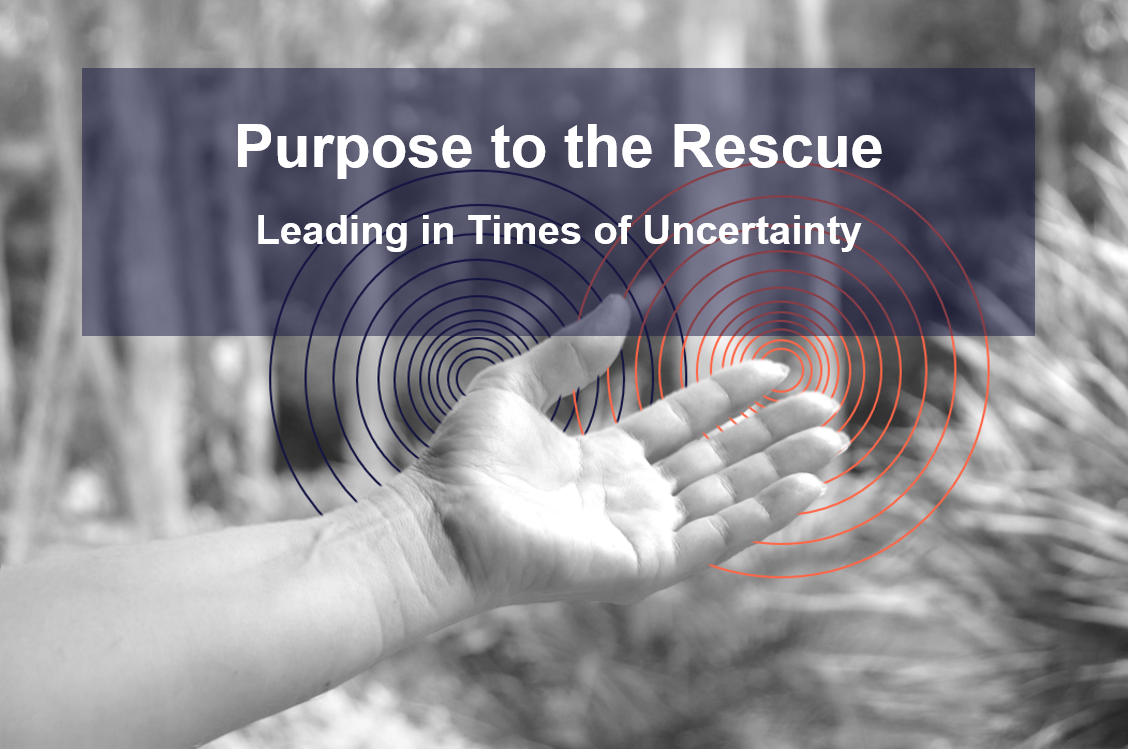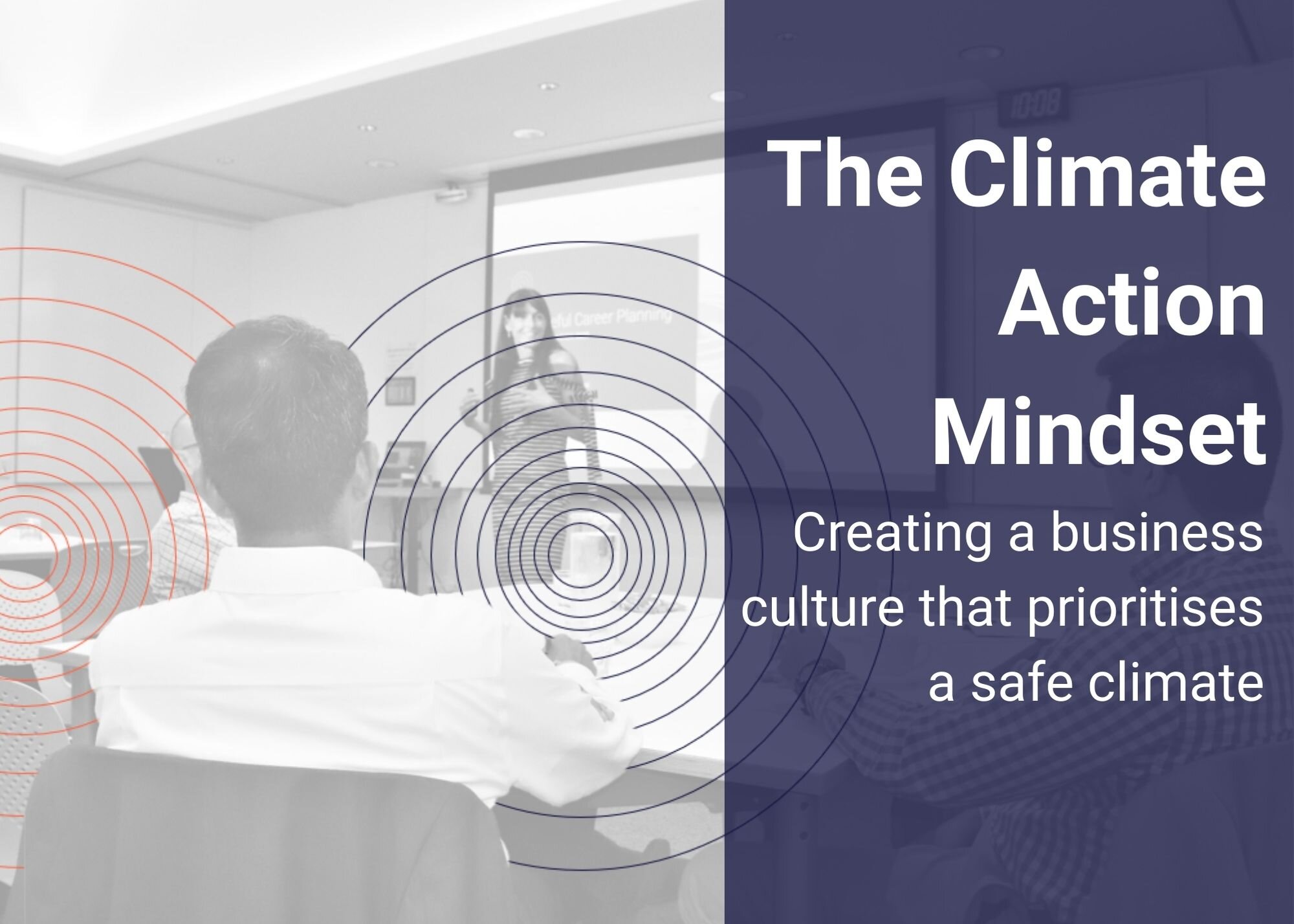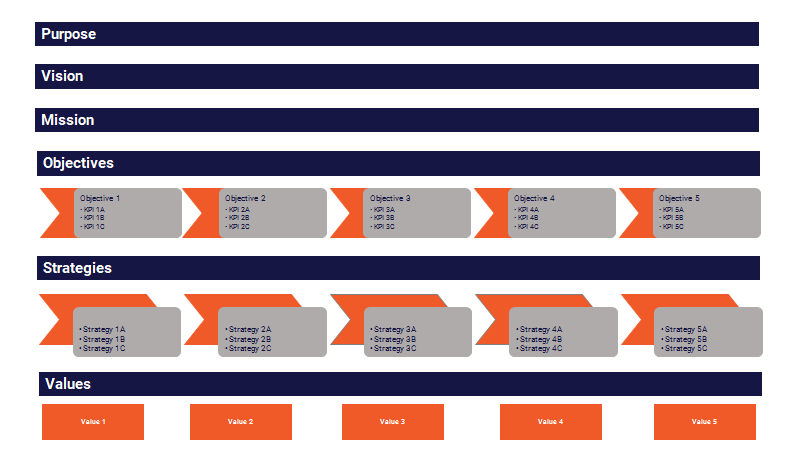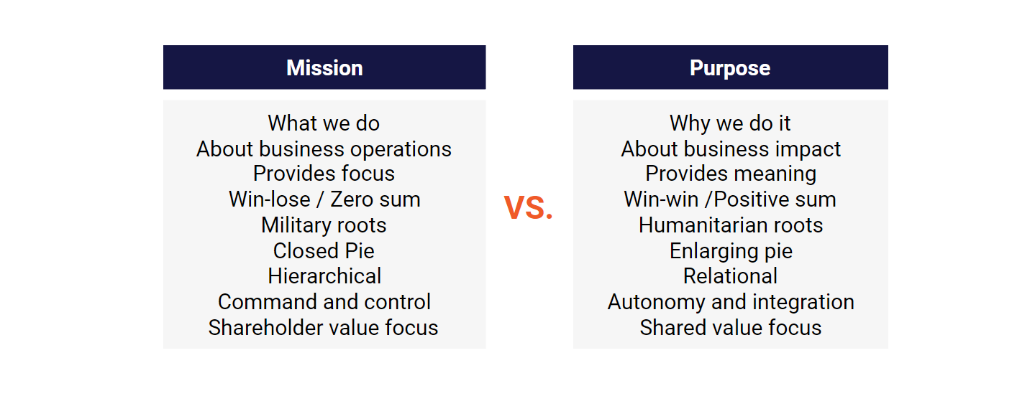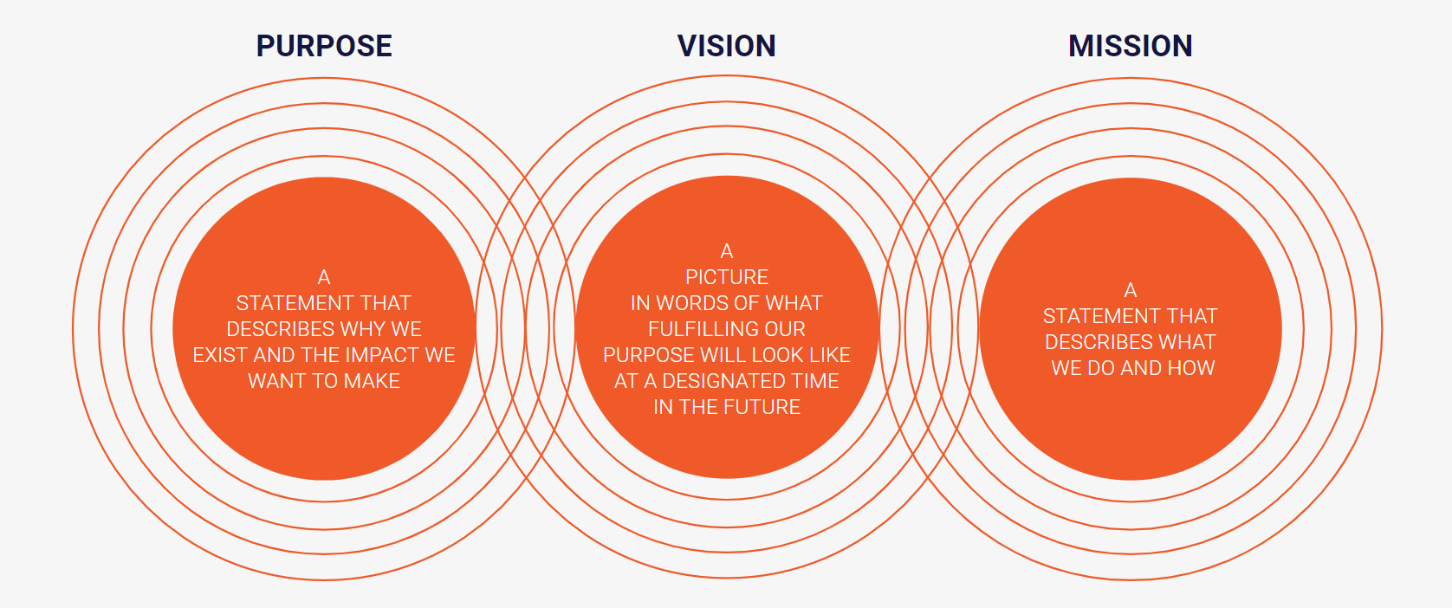The difference between Purpose, Mission and Vision
The ever-growing number of mission and vision statements shared by companies across the globe is not by chance. For many decades, CEOs and industry leaders have learned to leverage these statements as powerful tools for differentiating their organisations and rallying teams around ambitious goals.
In recent decades, a new word appeared in the business vocabulary, thrown into the mix with vision and mission and sometimes used interchangeably. (See the Business Dictionary’s definition of corporate purpose versus mission statement as a classic example.)
PURPOSE
2020 was declared by some as the Year of PURPOSE. So what’s purpose all about? Is it just a feel-good version of mission and vision? Or does it play some other distinct, important role in business?
PURPOSE VS MISSION
It is generally agreed that a mission statement contains three basic elements:
Market: Who is your target customer?
Contribution: What product or service do you provide to that customer?
Distinction: What makes your product or service unique, so that the customer would choose you?
A mission talks about the who and the what and maybe even the how, but misses one of the key drivers of human motivation - why.
Historically, mission statements have often been dry, operational, profit-focused aspirations that sound like:
“maximise shareholder returns and make sure no one gets hurt” or
“be the global leader in “industry” recognised for blah blah”
Although inherent in many mission statements, purpose as distinct to mission was popularised by Stanford alumnus Richard Ellsworth in his 2002 book Leading with Purpose: The New Corporate Realities. In it, he declared:
“Purpose expresses the company’s fundamental value – the raison d’etre or overriding reason for existing. It is the end to which the strategy is directed.”
Importantly, a sole profit motive cannot constitute an effective purpose. As the distinguished Peter Drucker stated:
“Profit is not the explanation, cause or rationale of business behaviour and business decisions, but rather the test of their validity.”
More recently, Aaron Hurst, author of The Purpose Economy, elevated purpose to “the new organising principle for innovation and growth.” He explains this as both an economic and cultural evolutionary response to the bygone eras of the agrarian and information economies.
Purpose Behind Purpose
Organisations that adopt a purpose statement as part of their canon generally sit purpose above mission because the ‘why’ informs the ‘what.’
Purpose-led Strategy Framework
© People With Purpose
So what are the key differences between purpose and mission?
The main difference is that mission statements often focus on what organisations do, whereas purpose statements provide insight on why they do it.
While mission statements tend to be more economically-centric, with a focus on success in terms of profit or market share, purpose provides a more holistic overview of value creation that takes into account the social benefits and social damage of business operations, in addition to shareholder returns.
Mission has military connotations that imply an execute and win-at-all-costs strategy; purpose identifies a commitment to serving something greater than ourselves.
Mission is often win-lose, zero-sum; purpose is win-win, and even more likely... win to the power of win.
Moreover, organisations that get too attached to what they do instead of why they do it are at risk of the kind of myopia that contributed to Blockbuster declining the opportunity to purchase Netflix. Imagine if Blockbuster had been less attached to the late fee revenues of their video rental store business model (i.e. what they did) and imagined their purpose being to entertain people at home. (i.e. a clear and enduring why)
Purpose In Practice
At People With Purpose, we distinguish purpose, vision and mission from each other in the following ways:
In our years working with various organisations, we’ve encountered many simple mission statements that basically say, “maximise shareholder returns.” This type of statement fails to effectively support the Board and C-Suite in setting and maintaining strategic direction, let alone in fostering customer and employee engagement and creating a meaningful impact in the world.
Today’s business leaders face continuous disruption, uncertainty and complexity. They are seeking strategies to increase the revenue resilience of their organisations, desperate to find ways to increase employee engagement, productivity, innovation capabilities and customer appeal, longing for clarity to simplify the many choices to be made in incomplete and imperfect circumstances.
In the first instance, purpose is a powerful first filter for all decision-making. When unsure how to act, leaders can ask, “Will this decision bring us closer to, or further away from our Purpose?”
Increasingly, senior executives and boards are realising the power of a purpose beyond profit, and are reaping the substantial benefits.
Purpose is essential in achieving organisational alignment. Having an articulated purpose statement — an embedded understanding of why their organisations exist — helps organisations encourage employee engagement, clarify direction, and connect meaningfully with their customers and community.
Knowing what business you are in is no longer enough.
If you truly want to prosper in the long-term, you (and your stakeholders) have to know WHY.
PURPOSES WE LOVE
Here are some examples of purposes we’ve helped our clients to create to guide their strategy, leadership, operations, communications and innovation.
Company Industry Purpose
Everledger Technology To improve the world through trust
Sporting Wheelies Disability Services To make active goals accessible
Maia Financial Financial Services To fuel ambition
Over The Wire Technology / Communications To simplify technology to empower business
EverybodyNOW! Arts To move communities
Glycomate Health Care To transform health care for individuals and communities
Australian Harvard Women Business Network / Events To foster feminine wisdom, impact and opportunity
CS Energy Energy / Utilities Delivering energy today, powering your tomorrow
Icon Cancer Foundation Health Care To connect patients to advancements in cancer care
Glencore subsidiary Mining / Resources To progress responsible mining
Hummingbird House Foundation Health Care To make world-leading care possible when lives end too soon
Intellidesign Manufacturing To make game-changing products together
National Farmers Federation Agriculture To lead Australian Agriculture
And in case you’re wondering, our purpose at People With Purpose is to equip business to improve the world.
Next on the Purposeful Reading List…
